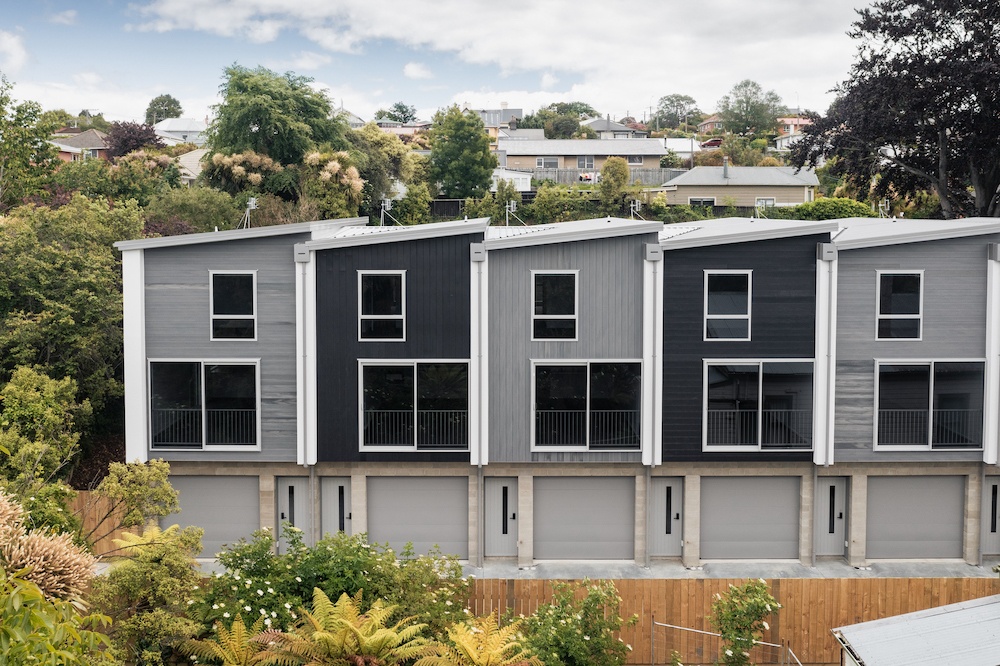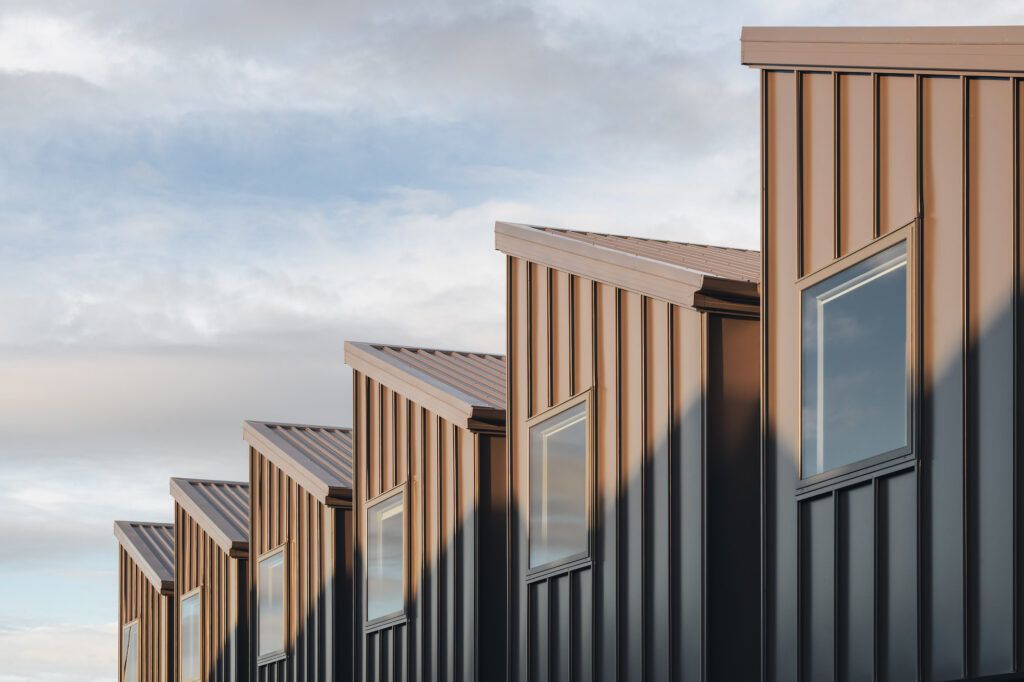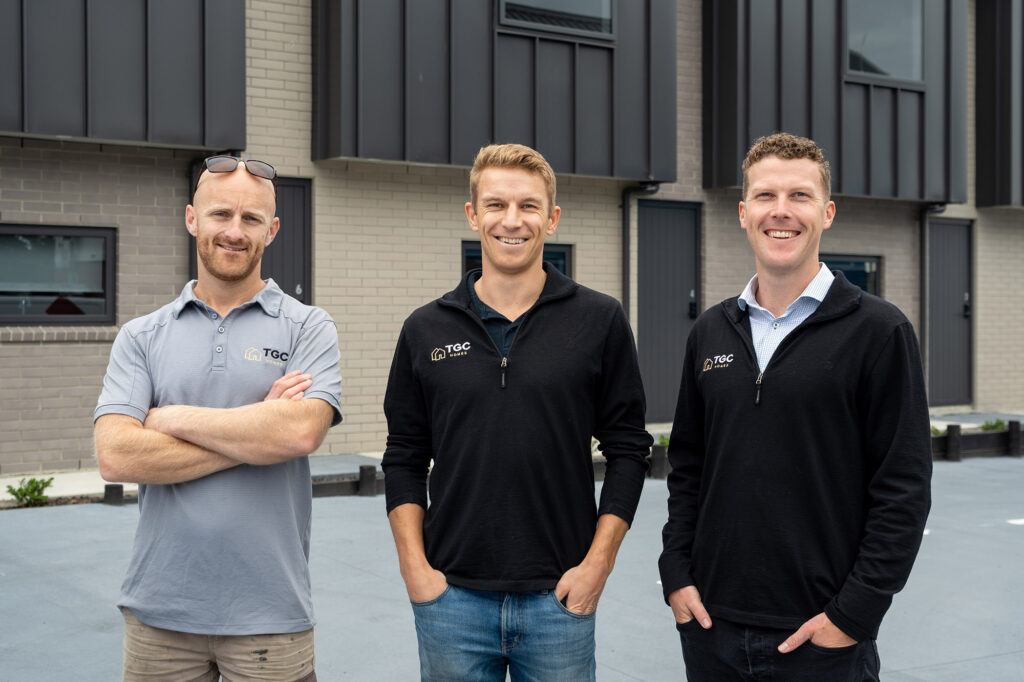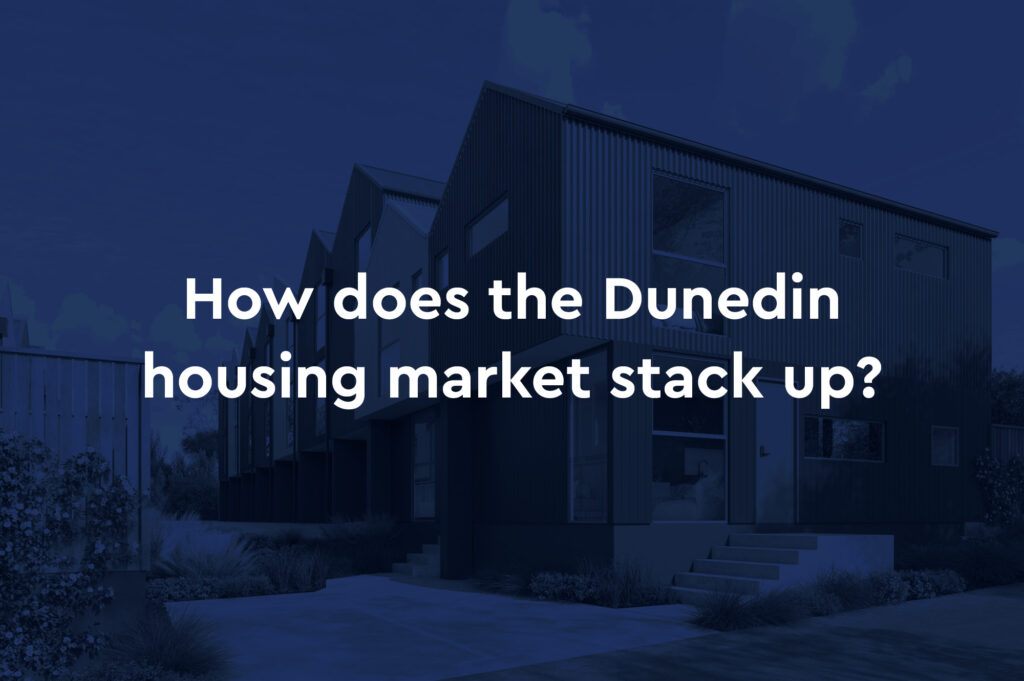In a competitive housing market like Dunedin, buying off-plan can be an appealing way to secure a new home, especially if you're looking at modern townhouses or houses for sale in Dunedin. But like any property decision, it comes with risks and rewards.
This blog answers the most common questions buyers ask before purchasing a property off-plan, especially in the context of the local Dunedin real estate market.
What Does “Buying Off-Plan” Mean?
Buying off-plan means signing a contract to purchase a property before it’s built—often while it’s still in the design or consent phase. Buyers usually rely on architectural drawings, 3D renders, and specifications rather than seeing a finished product.
For those searching for property for sale in Dunedin, buying off-plan offers some attractive benefits:
- Securing a property at today’s prices (with settlement months away)
- Only a 10% deposit is required to initially secure the purchase with the remaining balance paid upon completion.
- Buying a new home for a fixed price.
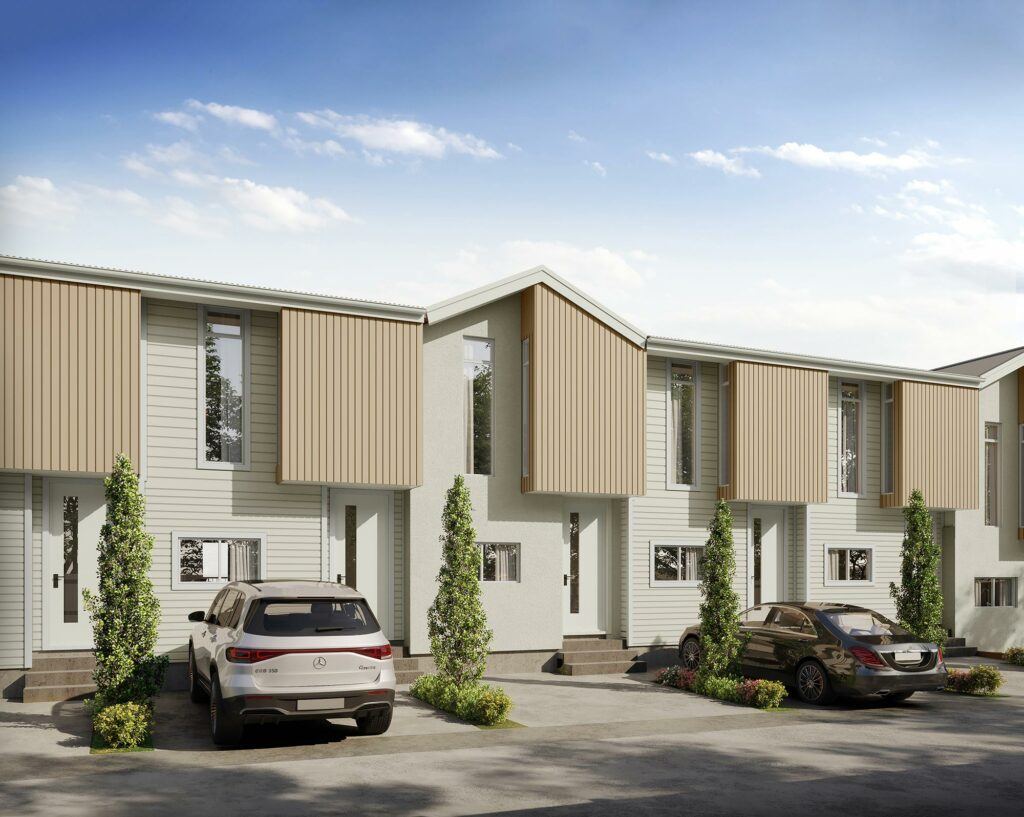
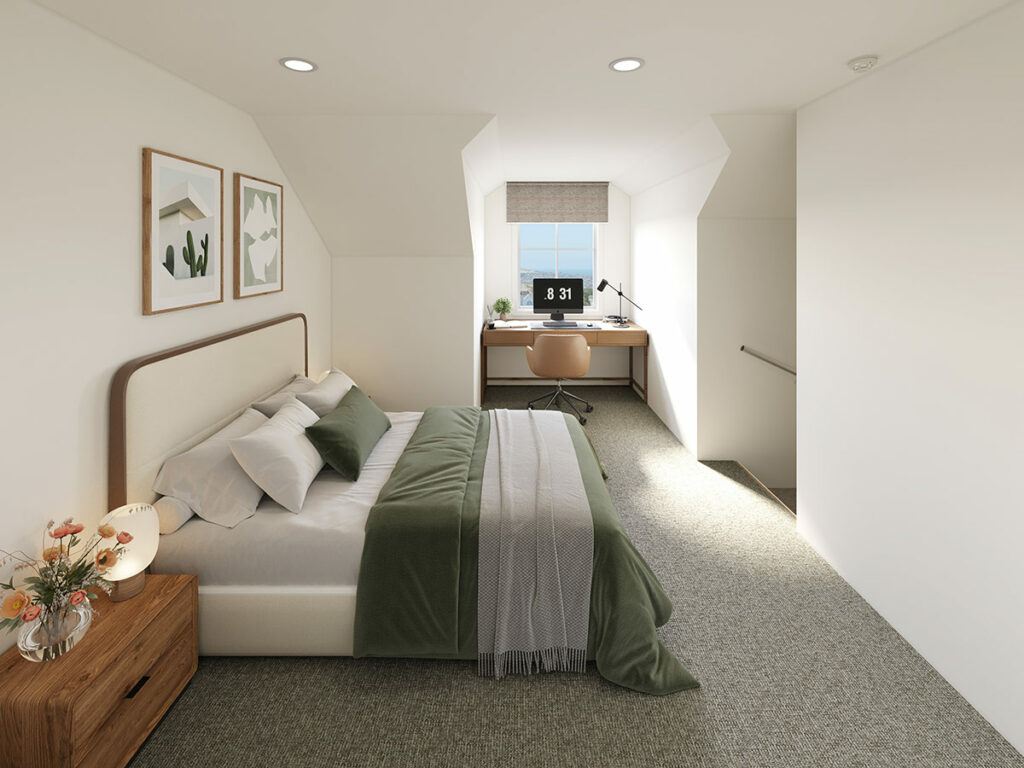
What happens if the property market changes before the home is built?
If the property’s market value drops during construction, your lender may reduce the loan amount they’re willing to approve. This means you may need to contribute more of your own funds to complete the purchase.
To reduce this risk:
- Speak to your mortgage advisor early
- Understand your loan-to-value ratio (LVR)
- Keep a financial buffer in case your circumstances or the market shift
- Have a good understanding of the market you are buying in
- Obtain a valuation for the property before you purchase
- Purchase properties below their valuation price to provide a buffer for market movements.
What if the developer goes bankrupt during construction?
While uncommon, developer insolvency can leave buyers in limbo, especially if deposits aren’t protected. Projects may be delayed, cancelled, or transferred to another builder.
Before signing:
- Ensure your deposit will be held in a solicitor’s trust account.
- Research the developer’s track record and completed projects.
- Ask what happens to your deposit if the project doesn’t proceed.
Could the finished home be different from what I expected?
It’s possible that the final property differs slightly from the original plans, especially if materials are substituted or design tweaks are made during the build. In some cases, minor defects may also be present at handover.
To protect your interests:
- Review all specifications carefully before signing.
- Understand what’s included and what counts as an “upgrade”.
- Make sure your contract includes a process for defect resolution.

Can the developer cancel my contract to resell at a higher price?
All contracts contain “sunset clauses,” which allow both the developer or the purchaser to cancel the agreement after a certain date if the project hasn’t been completed. The minimum sunset clause required by New Zealand banks is 12 months after the expected completion date. The purpose of these clauses is to protect both parties in the event the project has extensive delays. In rare cases, this clause could enable the developer to re-list properties at a higher price when the market rises.
Ask these questions upfront:
- Is there a sunset clause, and how long is it?
- Under what conditions can the developer cancel?
- Under what conditions can the purchaser cancel?
- What rights do I have if this happens?
- Has the developer ever used the sunset clause in previous developments?
What if construction is delayed or the quality isn’t up to standard?
Delays can happen due to weather, material shortages, or changes to building consent. It’s also common for new builds to have a list of minor issues (known as defects or snag items) at settlement.
Make sure:
- The contract includes estimated timelines and completion dates
- The developer provides regular construction updates during the build
- There is a clause outlining your rights if construction is significantly delayed
- A process is in place for identifying and fixing defects after handover
- The contract specifies what buyer guarantees are included in the purchase
How do interest rate changes or lending policy shifts affect me?
If interest rates rise or lending rules tighten during the build, your financial situation at settlement may be different than when you signed the contract. This could affect your loan approval or repayments.
Plan ahead by:
- Keeping in regular contact with your mortgage advisor
- Monitoring your pre-approval expiry date
- Considering financial flexibility in case lending policies change
- Only purchasing property that is within your means
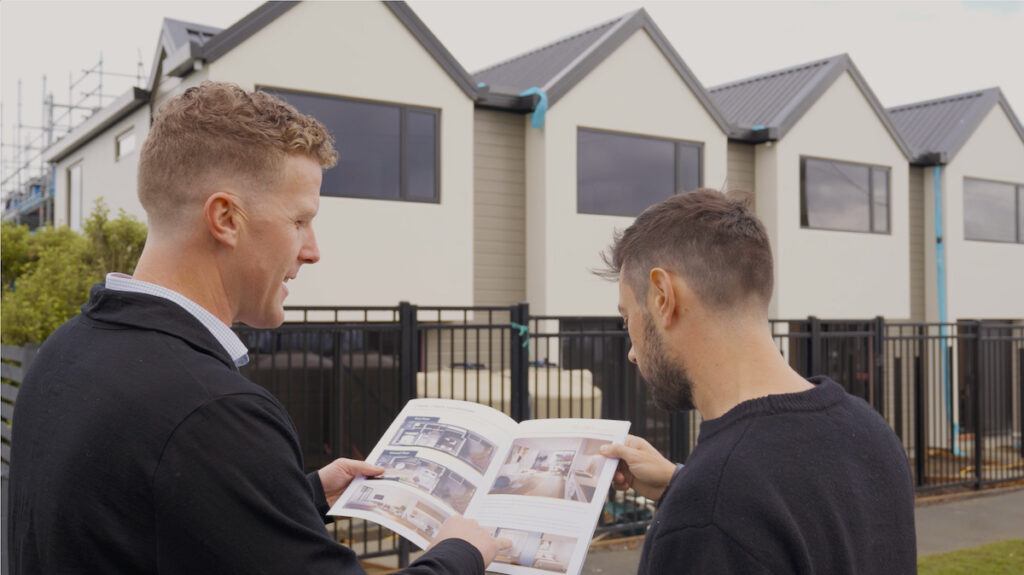
What are the main benefits of buying off-plan?
Despite the risks, off-plan can offer significant benefits — especially in a growing city like Dunedin, where well-designed townhouses and homes for sale are in high demand.
Key advantages include:
- Securing a home at today’s price in a rising market
- Extra time to save for settlement
- Access to new, energy-efficient housing
- Lower maintenance and warranty coverage on new builds
Is buying off-plan right for me?
Buying off-plan suits buyers who:
- Are in no rush to move
- Have good financial stability
- Understand the risks and have legal/financial guidance
- Want a new, modern home with low maintenance
Whether you're seeking to buy a house, considering a townhouse or just browsing homes for sale in Dunedin, off-plan could be a smart way to secure long-term value — provided you go in with a clear plan and strong due diligence.
Interested in exploring off-plan opportunities?
TGC Homes has a growing portfolio of high-quality, architecturally designed townhouses in Dunedin — perfect for those wanting a modern home in a sought-after location.
Locally owned and operated, TGC Homes has been delivering exceptional, contemporary homes that families love to live in and investors trust to deliver long-term value since 2017. With a strong focus on client satisfaction, TGC Homes also provides ongoing support after the build is complete, including comprehensive warranties and a dedicated team to handle any post-settlement concerns. This gives homeowners peace of mind and confidence in their investment.






